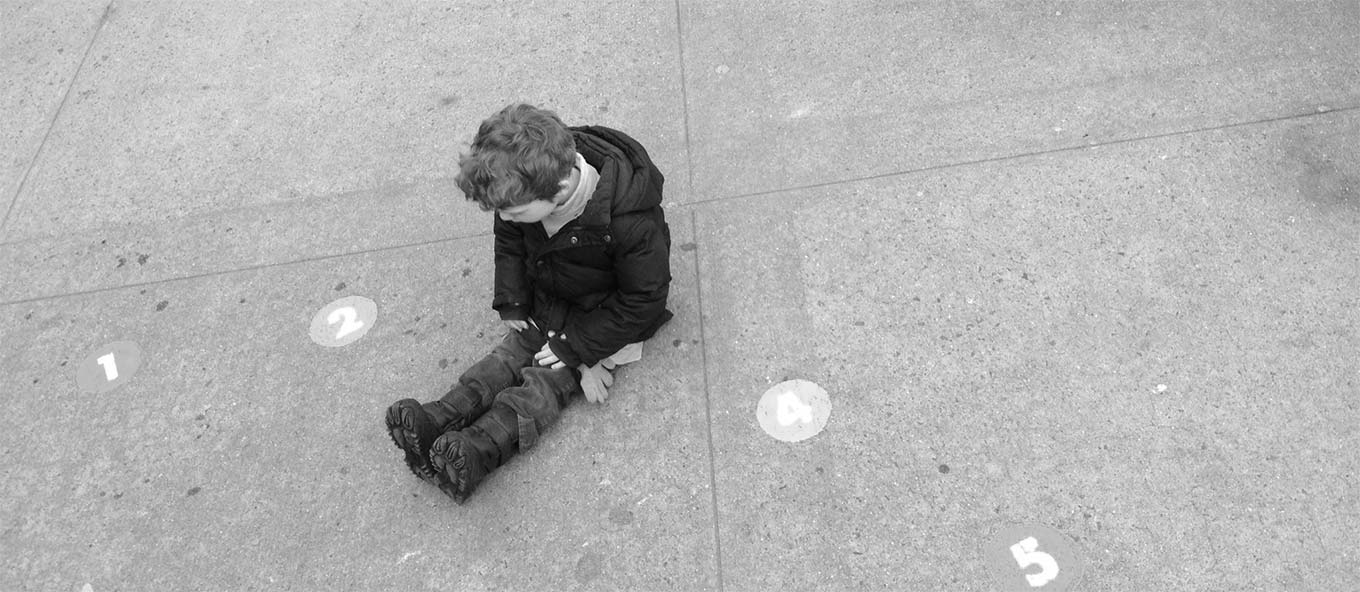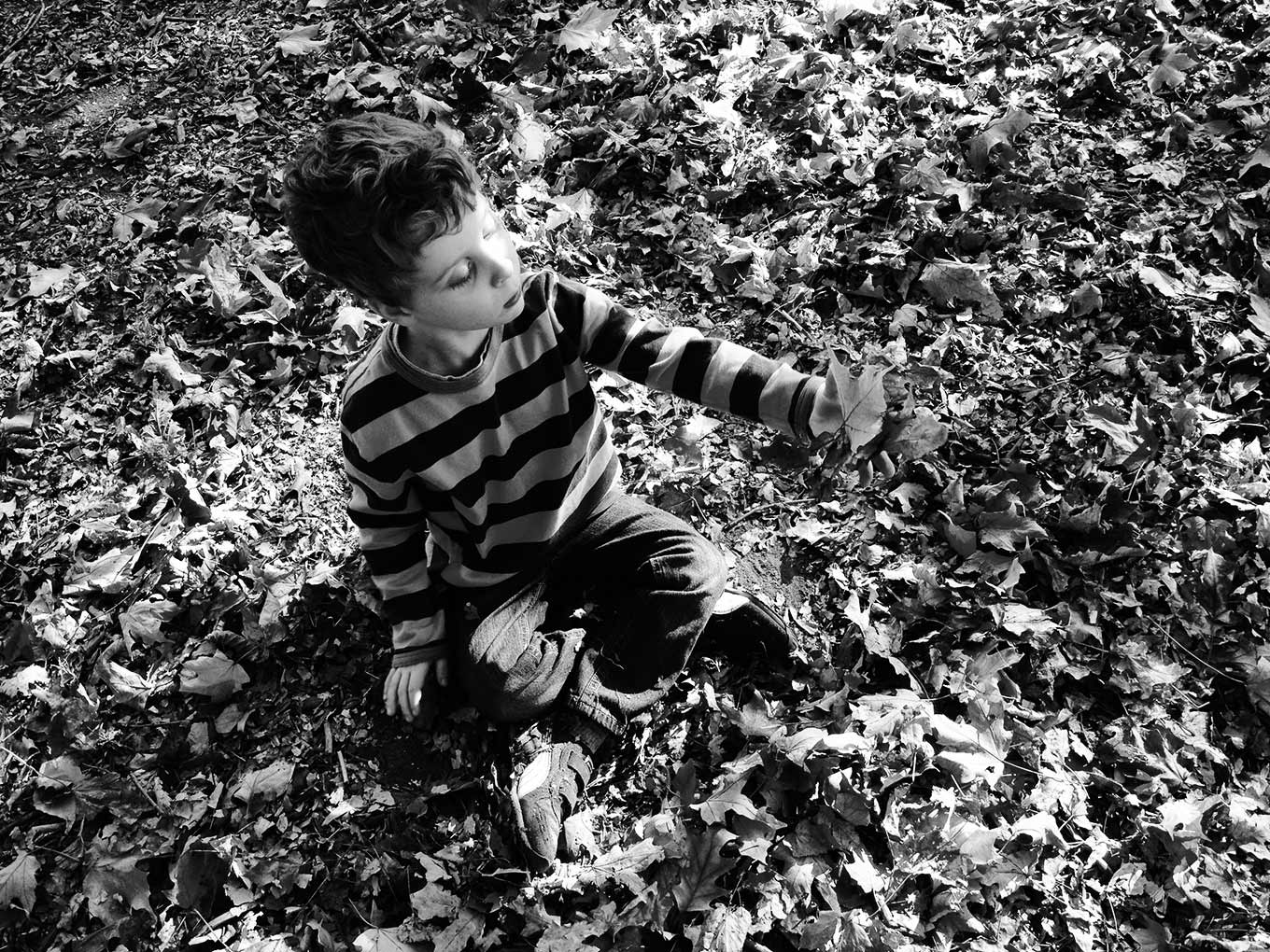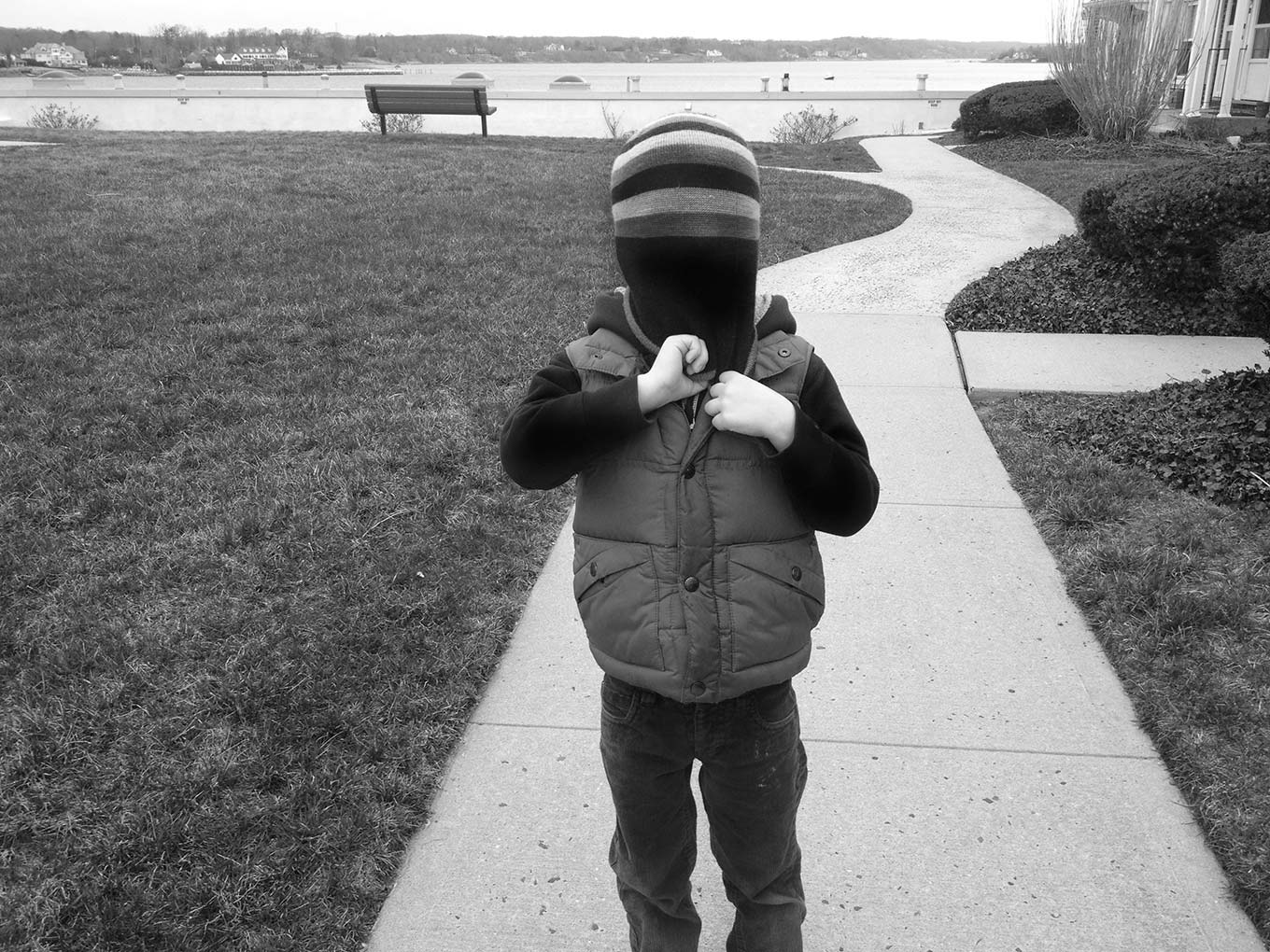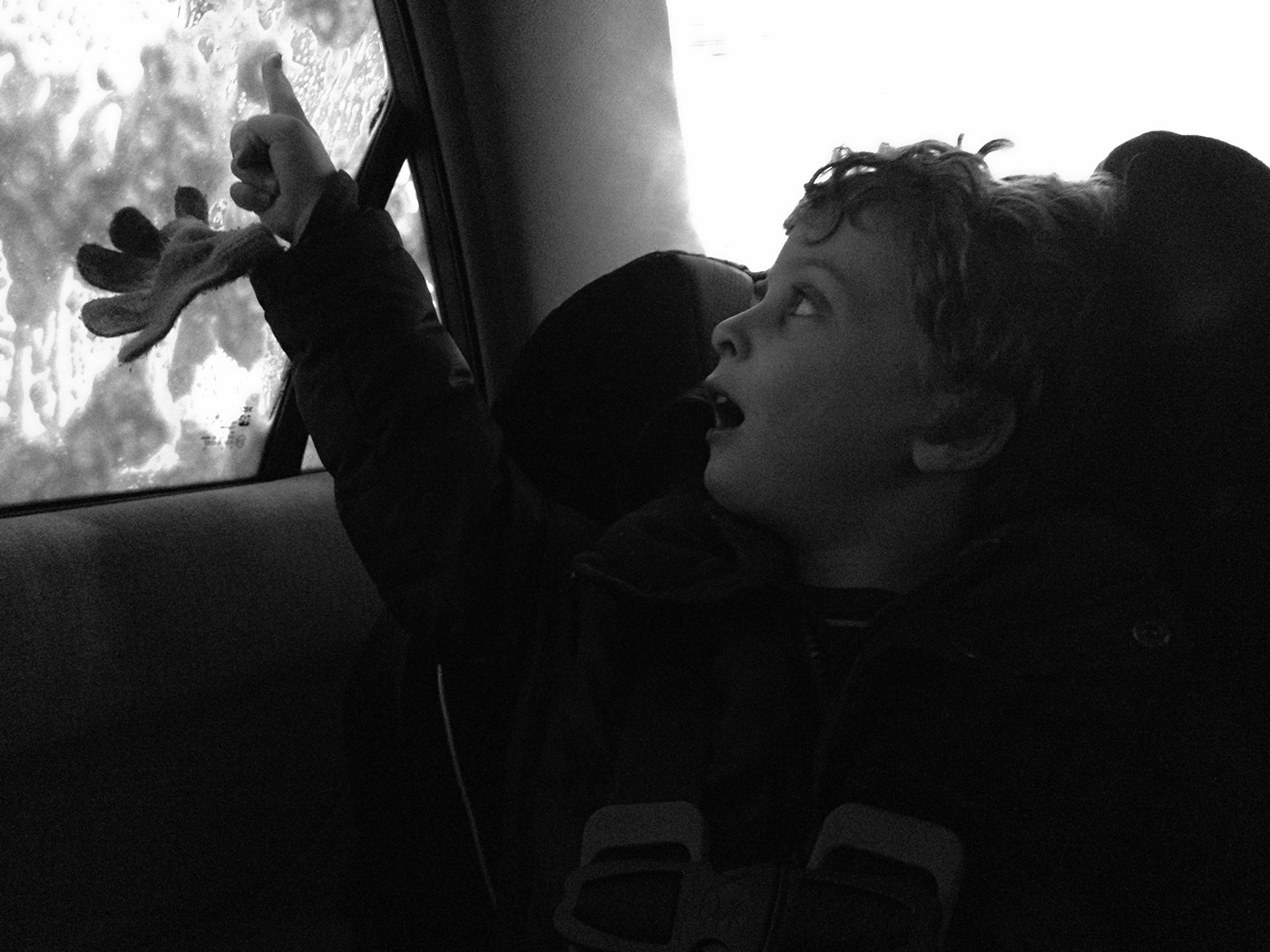
We want to tell you about all of C's achievements.
We want to tell you how well he's doing. We want to tell you that he's reading well beyond his years, and that he's developed a deep affection for his twin, frequently hugging him and saying, "I love you, brother."
We want to tell you that he says, "It's 7:70!" when it's ten minutes past eight! We want to tell you that he sat still and ate a cupcake, and that he finally peed in the potty. We want to tell you all of these good things and none of the bad things.
But when we do, you say, "See! He's going to be fine." You tell us, "He's probably going to be a rich scientist!" You implore us "not to worry so much!" You say, "I told you so!"
And in doing so, you discount all the things that we're still struggling with. You ignore all the challenges. You diminish all the effort we've expended just trying to overcome these minor obstacles. And you're ignoring the fact that none of these accomplishments erases his autism.
Most of all, you're not really talking about our son anymore. You're projecting your own desires, your own insecurities, your own wish for everything to be okay after all.
And you're probably doing it because you think it's what we want to hear, because you think it's supportive. In fact, it's not.
Here's the deal: C is always going to have autism, and we're okay with that now. It will shape everything about his life, and everything about our lives, forever. It's not going away, and neither are we.
Our acceptance of C's autism, and all the good and bad that come with it, doesn't make us pessimists — it makes us realists. Further, accepting C's autism was the first step in getting him the help he needs. If we downplay the challenges he faces, then we won't fight and work as hard to help him overcome them.
Somewhat ironically, denial would have been the easier path for us, but it's not the path we chose. So as we go on this journey, we ask you to come along with us. We're not asking for sympathy or pity. We don't want you to stop being optimistic.
We're just asking for you to accept things as they are.


 C is a boy who, at four, can read full sentences, complex words, and short books; if it's 6:51, he can tell you how many minutes until it's 6:58; he's memorized nearly every street in our neighborhood and can represent them with toy train tracks; he knows all the stops on the Q train from here to Brighton Beach; he knows the color of every single NYC subway line; if you ask him what number J is, he'll say "ten" without hesitation, because that's where J falls in the sequence of letters in the alphabet.
C is a boy who, at four, can read full sentences, complex words, and short books; if it's 6:51, he can tell you how many minutes until it's 6:58; he's memorized nearly every street in our neighborhood and can represent them with toy train tracks; he knows all the stops on the Q train from here to Brighton Beach; he knows the color of every single NYC subway line; if you ask him what number J is, he'll say "ten" without hesitation, because that's where J falls in the sequence of letters in the alphabet.
 Today is
Today is  For my regular readers, I apologize for the shortage of posts lately. A lot is happening in life at the moment, most of it great, one thing bad (more on that in the near future), in addition to the usual craziness.
For my regular readers, I apologize for the shortage of posts lately. A lot is happening in life at the moment, most of it great, one thing bad (more on that in the near future), in addition to the usual craziness.